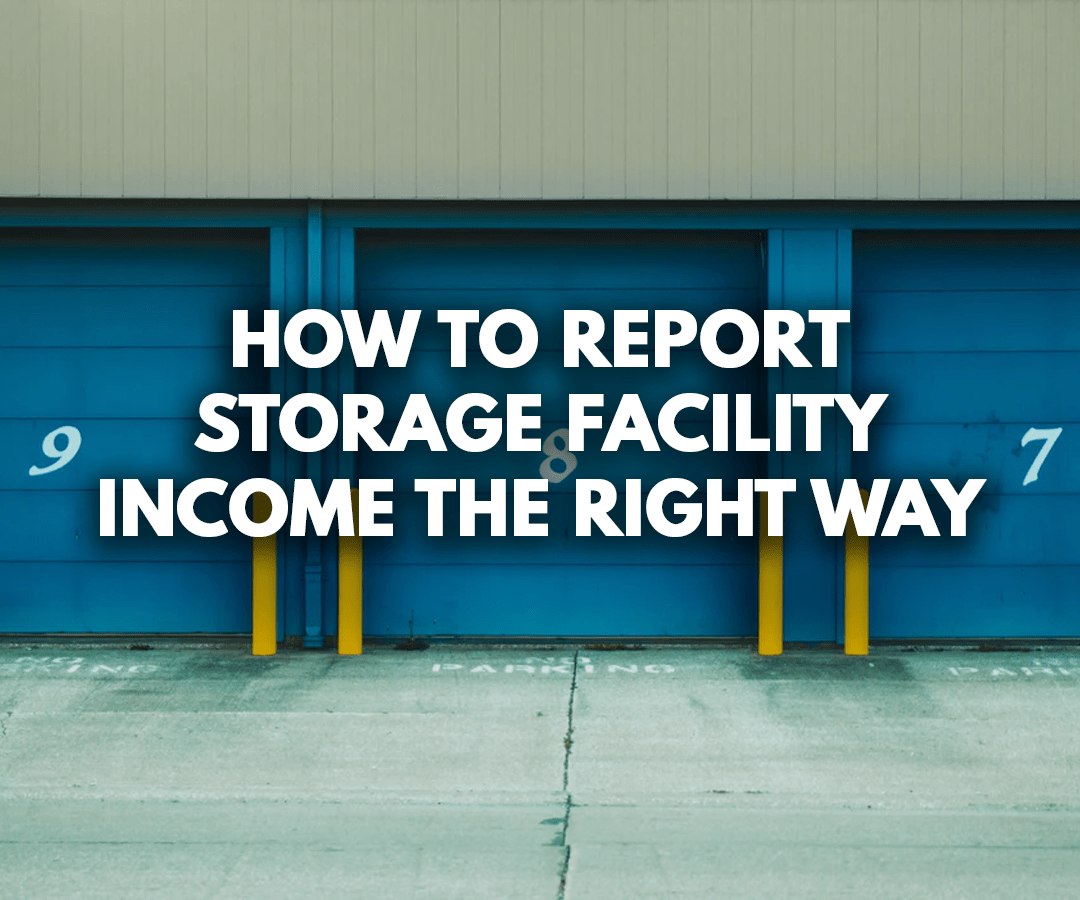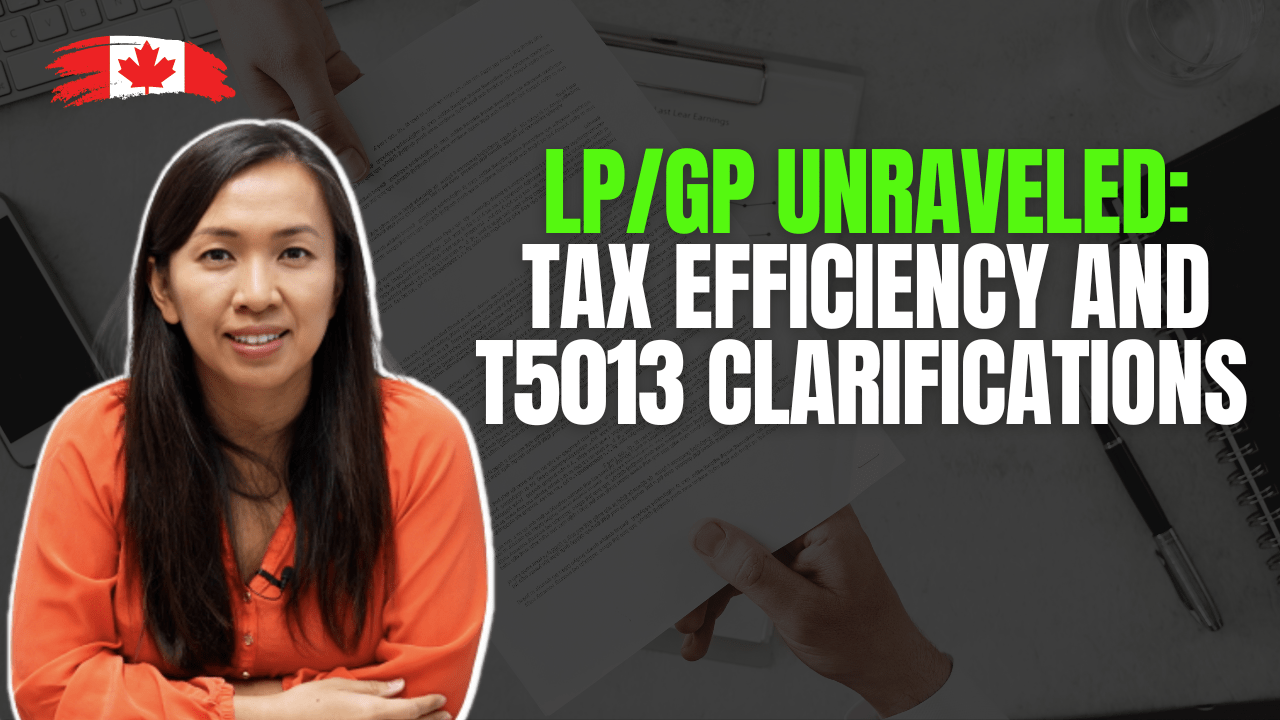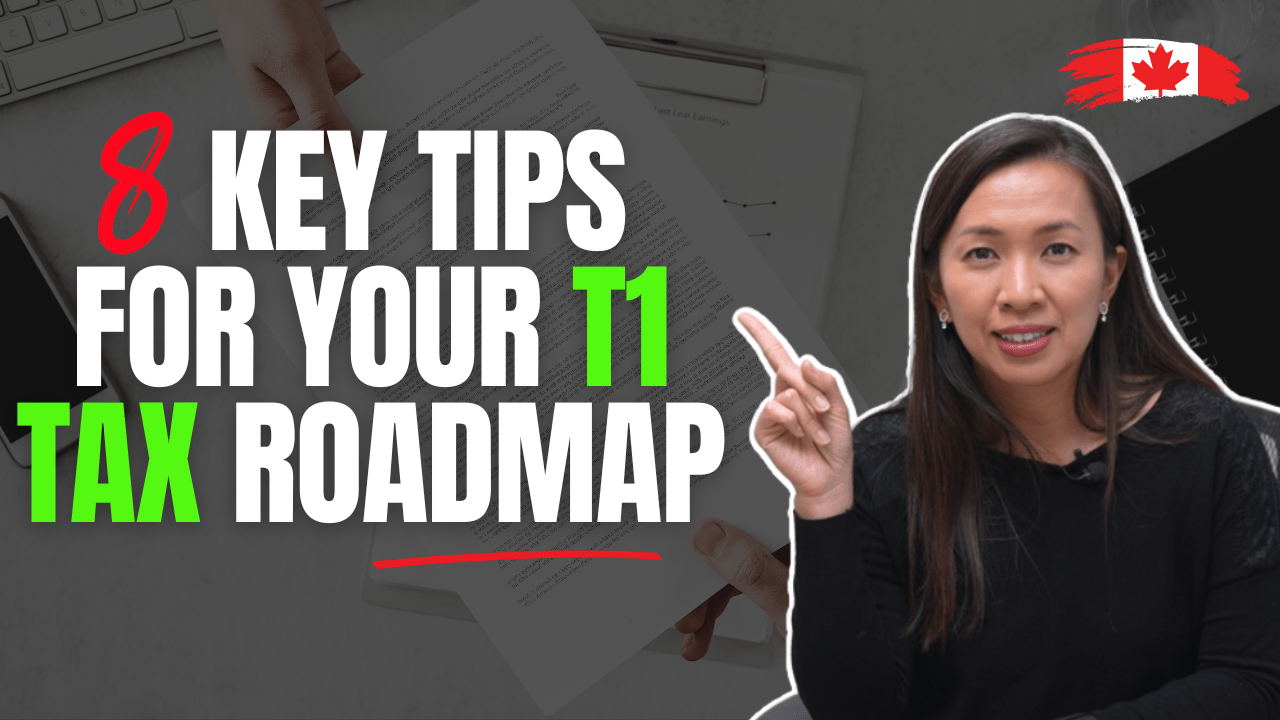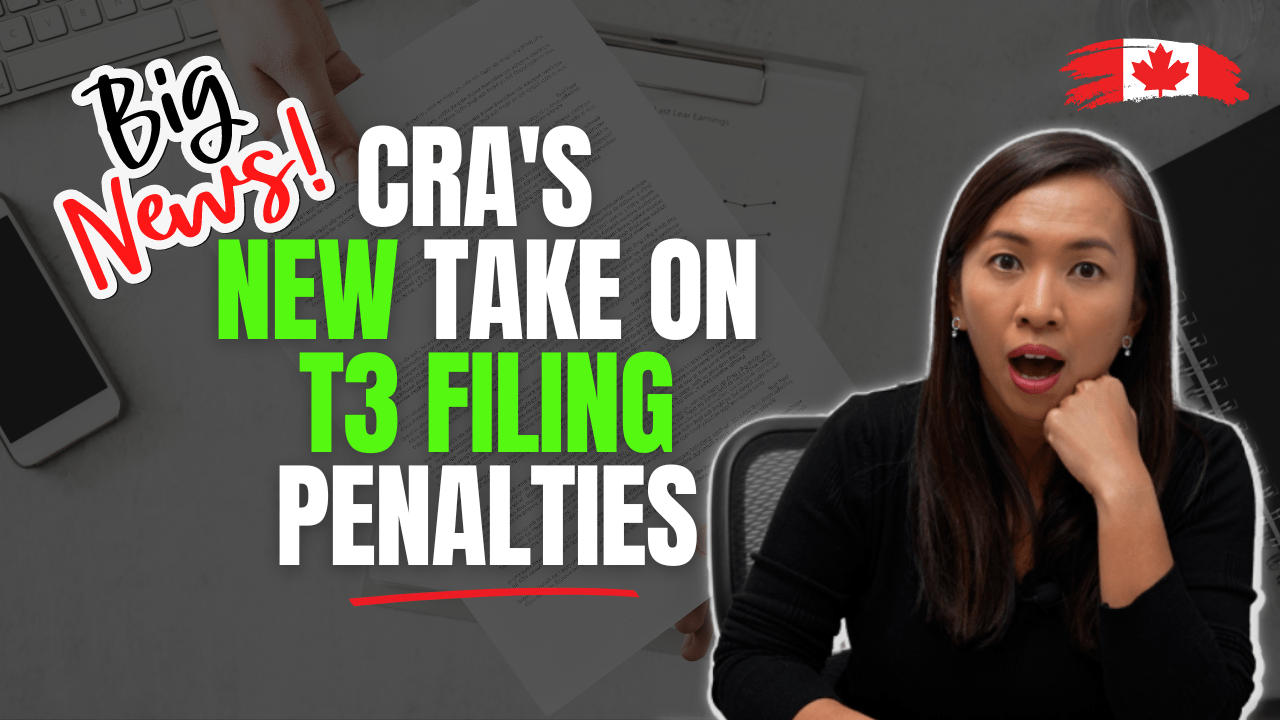Canadian tax system is a complicated tax system.
Hence, we routinely do internal and external training so that our team can have the most up to date tax knowledge.
One of the court cases that was brought up by our tax instructor was a court case that happened in 2014 in BC about a storage facility owner who reported all the income as active business income in his corporation.

If you own a small business, net income generated is taxed at a much lower rate in a corporation. In Ontario, the small business tax rate is 12.2%.
This is only applicable if your business is earning active business income.
Active business refers to “any business carried on by the corporation other than a specified investment business…”
“Specified investment business” is defined as “a business carried on by a corporation in a taxation year the principal purpose of which is to derive income (including interest, dividends, rents and royalties) from property…”
In another words, the rental income and interest income you receive in your corporation are not considered as active income and they are not taxed at 12.2%.
It is taxed at the more complicated system, the refundable dividend tax system.
Specified investment business income first gets taxed at 50%, with 30% refundable if the corporation pays its shareholder a taxable dividend. So net tax payable in the corporation is roughly 20% afterwards.
But… who wants to pay 50% upfront anyway – even though after the refund, you pay 20% in your corporation.
Definitely not with this storage facility owner in BC back in 2006 to 2009.
He reported all his income as active business income, on the basis that he provided many additional services, such as providing a full-time staff on site regularly, provide access to staff on call 24 hours a day, 7 days a week, delivering reusable storage boxes to customers and pick up and storage when the customer packed the boxes, helped loading and unloading customer property, snow removal, receiving shipments on behalf of customers, and even providing shuttle services to customers and more…
The taxpayer argued that his customers were paying for the bundle of services, not rental space.
If the customers were paying for bundle of services, the income wasn’t derived from property. So, his income received would have been classified properly as active business income, taxed at the low small business rate.
Unfortunately, the judge didn’t agree with this argument.
The tax court judge was in the opinion that there was only one business. If one took away the storage units there would be no business. If one took away the services provided there would still be a storage business.
The judge was in the opinion that the customers were paying rent, not services.
The taxpayer’s lawyer then brought up the similarities between this storage facilities operation and a hotel operation.
CRA’s administrative policy treats a hotel operation as active business, paying 12.2% income tax rate.
If a hotel operation can be treated as active business, why can’t storage facilities operation be treated as active business?
The judge sighted many differences between a hotel operation and what the taxpayer provided in his storage facility operation.
Hotel operation provides fully furnished room, linens, daily cleaning service, concierge services, kitchen furnishing, room service, or even some level of food service, etc.
Hotel customers buy the bundle of services, but not with the storage facility service.
The provision of services in a hotel operation overcomes the provision of property.
If we go back to the definition of Specified Investment Business, you could see that “Specified investment business” is defined as “a business carried on by a corporation in a taxation year the principal purpose of which is to derive income (including interest, dividends, rents and royalties) from property…”
Principal purpose of hotel operation is NOT to derive income from property but rather, derive income from provision of services.
Storage facility, at least according to this judge, is to derive income from property (that is to collect rent).
Unfortunately, storage facility income is still considered as specified investment business income in a corporation.
Until next time, happy Canadian Real Estate Investing.
Cherry Chan, CPA, CA
Your Real Estate Accountant






Ray Blanchard
Interesting article Cherry, am I incorrect to assume that the storage facility owner could have avoided this problem and qualified for active business status if he had 5 full time employees?
Thanks
Cherry
For sure.